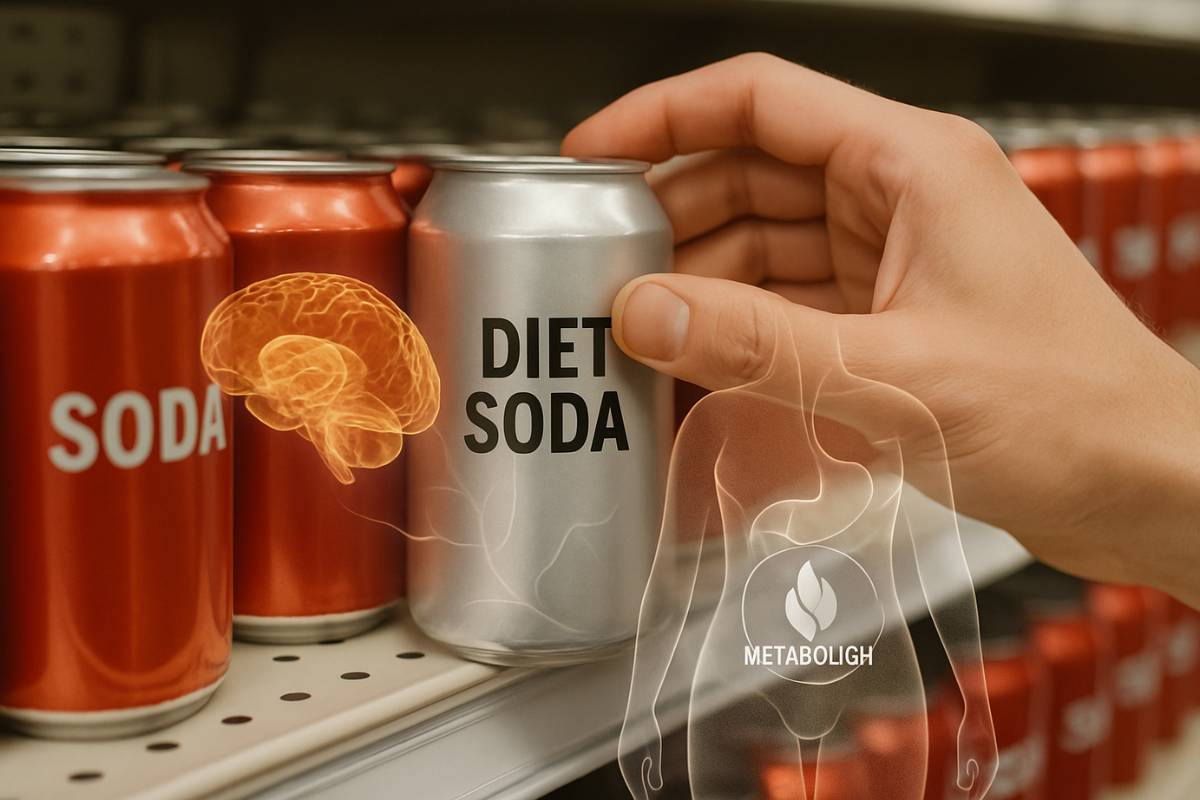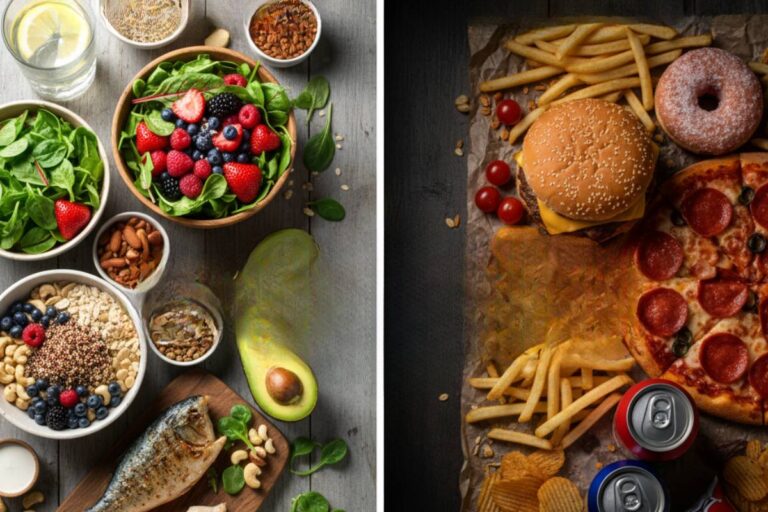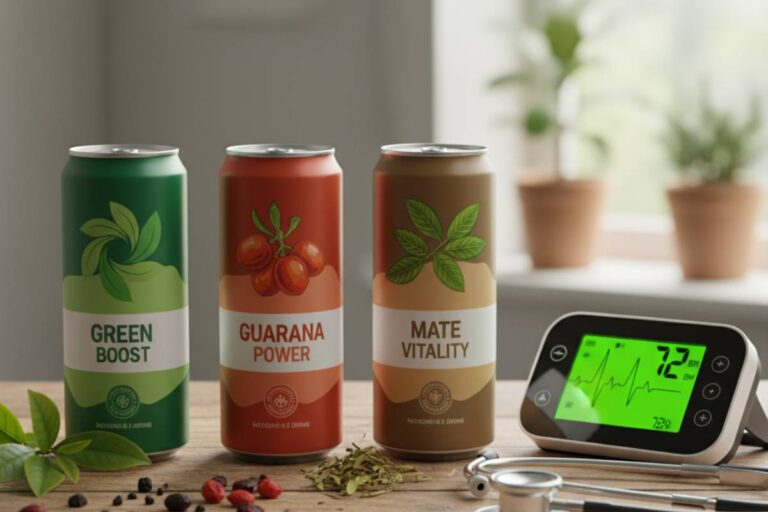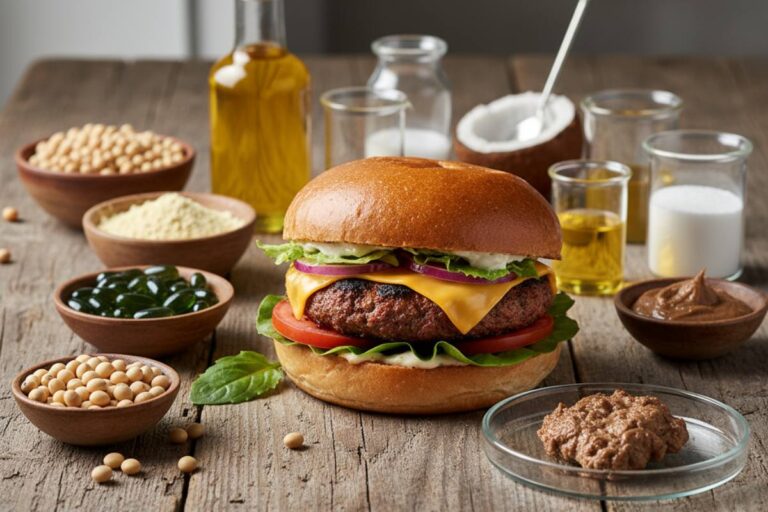It’s a scene that happens a lot. You’re looking through the drink aisle, determined to pick a healthier option. Your hand hovers for a moment before confidently grabbing the diet soda. No sugar, no calories. It feels like a win without guilt, a smart way to cheat in the hard game of losing weight. But what if that sweet, fizzy drink isn’t your friend after all? What if it’s working against you without you knowing?
More and more scientific studies are starting to show what is really going on with drinks that are sweetened with artificial sweeteners. The story that is coming out is a lot more complicated than the labels make it seem. Even though these drinks don’t have any calories, they might be causing a chain reaction of biological and behavioral responses that could, strangely, cause weight gain instead of loss. It’s a trip that takes us deep into the brain’s complex wiring and the delicate dance of our metabolism.
The Zero-Calorie Promise: A Temptation That Isn’t Real?
At first glance, the idea of using diet soda to lose weight makes sense. A regular can of cola has about 140 calories and a lot of sugar. Over time, switching to a zero-calorie option can help you get rid of thousands of “empty” calories from your diet. For a lot of people, this easy change seems like a basic step toward their health goals.
But the data from the real world often tells a different, more complicated story. Several big studies have found a strange connection between drinking diet soda regularly and an increase in waist size and body weight over time. For instance, a study that lasted 10 years found that people who drank diet soda every day had waistlines that grew almost four times as much as people who didn’t drink it.
Of course, this doesn’t mean that the drinks are to blame right away. Researchers talk about a phenomenon called “reverse causation,” which means that people who are already overweight or at risk of becoming overweight are more likely to choose diet drinks in an effort to lose weight. This can make it seem like the drinks are making you gain weight when they might just be a sign of a problem that was already there.
But that’s not the whole story. Other studies point to something more direct that happens as soon as you taste artificial sweetness.
Brain Games: How Sweeteners Might Trick Your Body
Evolution has wired the human brain to connect sweetness with energy, or calories. It’s a simple way to stay alive that has been around for a long time. When you eat something sweet, your brain’s reward centers light up, and your body gets ready for a rush of energy. This system doesn’t work well with artificial sweeteners. They taste very sweet but don’t have any calories, which some scientists call a “predictable relationship” disruption.
A new study from the Keck School of Medicine at the University of Southern California showed exactly how this happens. The study, which was published in JAMA Network Open, found that drinks with sucralose, a common artificial sweetener, could greatly increase appetite.
Dr. Katie Page, a doctor who specializes in obesity and was the study’s lead author, said, “We found that women and people who were obese had more brain reward activity after eating the artificial sweetener.”
Her team used functional MRI scans to see that areas of the brain that control hunger and cravings became more active in these groups after they drank the sucralose-sweetened drink. The brain was promised a reward by the sweet taste, but when the calories didn’t come, it wanted more. Laura Schmidt, a professor at the University of California, San Francisco, said that this could mean that “artificial sweeteners could be getting the brains of obese people ready to want high-calorie foods.”
The study went on. Researchers also discovered that in women and individuals with obesity, consuming the diet beverage resulted in a decrease in the hormones that indicate satiety. When these people were given a buffet after the experiment, they ate more food than when they drank a regular sugary drink. It looks like the “diet” drink not only didn’t fill them up, but it also made them hungrier.
Metabolic Mayhem: A Hidden Problem
Diet soda may have effects on more than just brain chemistry and cravings; it may also mess with our body’s basic metabolic processes. One of the main worries is insulin, the hormone that helps sugar move from the blood into our cells so they can use it for energy.
When you eat sugar, your body usually makes insulin. But some studies show that artificial sweeteners can make the brain release insulin on its own because they are so strongly linked to sugar. A study discovered that the ingestion of sucralose resulted in elevated blood glucose and insulin levels.
What does this mean? It can be confusing if your body is constantly releasing insulin when there isn’t any sugar to deal with. These frequent insulin spikes can lead to insulin resistance over time. This means that your cells don’t respond as well to the hormone’s signals. Insulin resistance is a big reason why people get Type 2 diabetes.
This is related to larger worries about metabolic syndrome, which is a group of problems that includes high blood sugar, too much belly fat, high blood pressure, and cholesterol levels that are not normal. Drinking diet drinks has been strongly linked to a higher risk of metabolic syndrome. In some cases, the belly fat that people want to lose by switching to diet soda could actually get worse. Some studies have shown that people who are overweight and switch to diet soda may end up eating more calories than people who stick with regular soda.
The Full Picture: Conflicting Results and Questions That Remain
It’s important to remember that the science on fake sugars isn’t settled yet. Some studies show different results, so the picture is complicated. For every study that raises a red flag, there is another that says diet drinks might not be as bad as they seem and might even help you lose weight in some cases.
One study, for example, found that people who drank diet soda lost more weight than people who only drank water. Another study found that drinks with artificial sweeteners don’t seem to have a big effect on metabolic risk factors, either way.
These contradictory results highlight the intricacy of the matter. It is very hard to study how people eat and act. It is difficult to separate the effect of one dietary component because of things like the quality of the overall diet, exercise habits, and individual genetics. Susan Swithers, a behavioral scientist at Purdue University, says that research into the complicated ways that artificial sweeteners affect our weight and metabolism is still very much going on.
It’s not as easy as saying “good” or “bad” when it comes to diet soda. It’s a complicated issue that probably changes from person to person. Your current weight, your biological sex, and even the specific bacteria in your gut may all affect how the effects work.
So, what does that mean for you, standing in the drink aisle? The main point is not to be afraid of diet soda, but to be careful. It’s not a quick fix for losing weight, and for some people, it might be a hidden problem. It might be more accurate to think of it as a less-bad substitute for sugary sodas than as a “health” drink. The evidence indicates that prioritizing water and understanding the impact of these sweeteners on your body’s hunger and craving signals is the most judicious course of action. There is still no clear answer on diet drinks, but the research is helping us figure out what questions we should be asking.
















